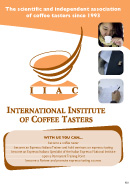All the awarded coffees of the International Coffee Tasting Asia 2017
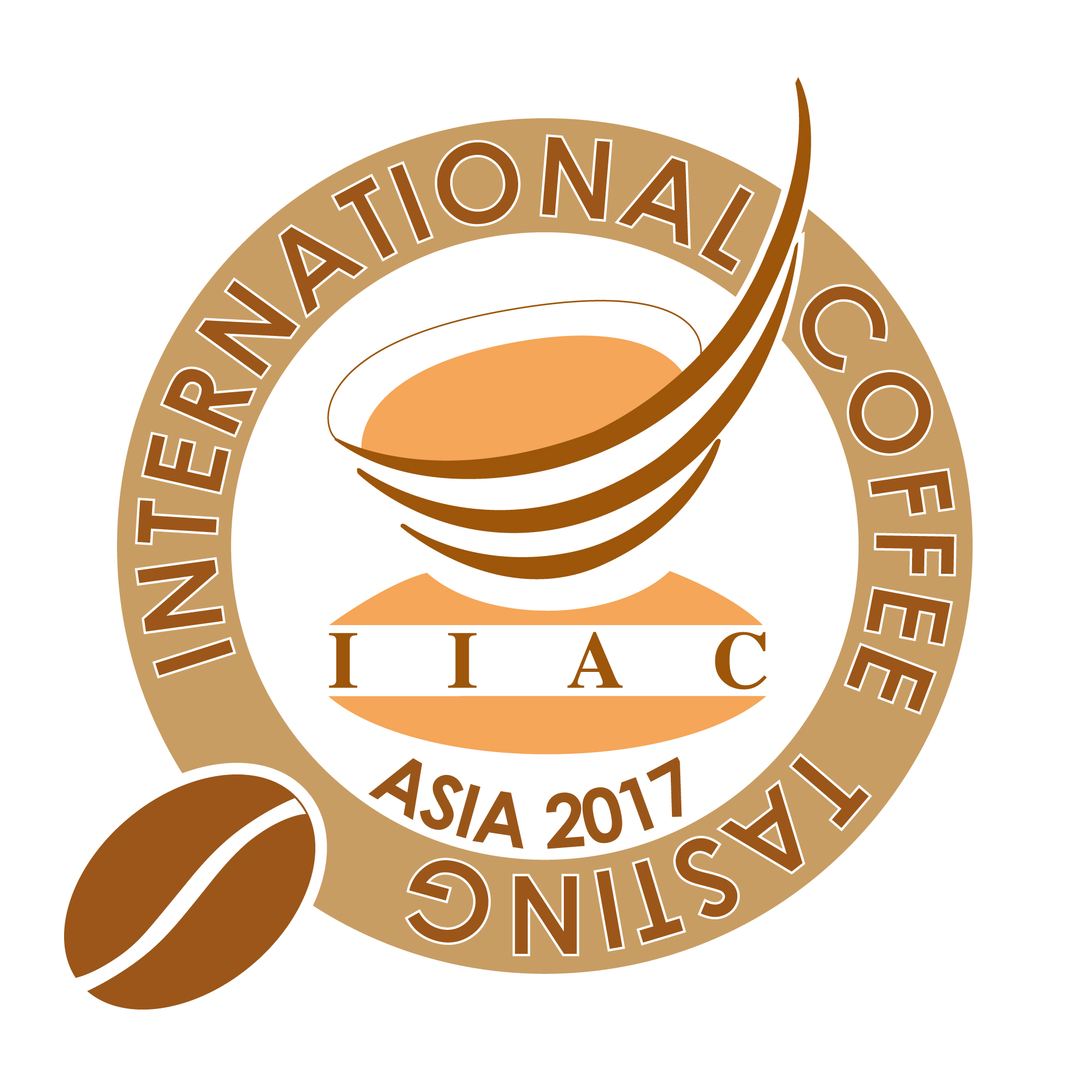
The eleventh edition of the international competition organised by the International Institute of Coffee Tasters (Iiac) was held in Guangzhou, China; 39 gold medals were awarded to coffees from Italy, Canada, China, Korea, Spain, Taiwan and Thailand
- China, Beijing Edyd Trade Co. Ltd, Ej Coffee Ethiopia Hanbelle G1
- Korea, Café Waan, Amore
- Taiwan, Cama Coffee Inc., Golden Mandheling And Brazil Blend
- Korea, Coffea Syndrome, Yirgacheffe
- Korea, Croc & Coffee, Khk
- Taiwan, Cama Coffee Inc., Cama Breakfast Blend 1
- Taiwan, Cama Coffee Inc., Cama House Blend (HB)
- Italy, Torrefazione Paranà S.r.l., Miscela Espresso Italiano in Monodose
- Italy, Torrefazione San Salvador S.r.l., Capsule San Salvador
- Italy, Angelo Morettino S.r.l., Caffè Morettino Reserve 100% Arabica
- Italy, Apulia Vending S.r.l., Caffè Morola Oro
- Italy, Caffè Fantino di Fantino Paolo & C. S.a.s., Start Miscela Bar Biologica 100% Arabica
- Italy, Dacatè S.r.l., Golden Brasil Coffee in Black
- Italy, Diemme Industria Caffè Torrefatti S.p.a., Miscela Oro
- Italy, Errepi S.r.l., Subito
- Italy, Taurocaf di Alberto & Anzola S.n.c., Caffè Alberto Miscela Pappagallo Rosso
- Italy, Taurocaf di Alberto & Anzola S.n.c., Caffè Alberto Miscela Pappagallo Oro
- Italy, Torrefazione Caffe Roen di Sergio Bendinelli, Espresso Bendinelli 100% Arabica Gourmet
- Italy, Torrefazione Caffe Roen di Sergio Bendinelli, Caffè Roen 100% Arabica
- Italy, Torrefazione Saturno Notti Pietro & C. S.r.l., Miscela di caffè "1 Bar Super"
- China, Beijing Edyd Trade Co. Ltd, Ej Coffee Select Blend Espresso
- China, C•Taipei, M9 Coffee Blend
- Taiwan, Café Bank, Emperor Seal
- Korea, Coffee Bang-A, Red Orange
- Korea, Coffee Bang-A, Rainbow
- Taiwan, Da Vinci Creative International Company Ltd., Colnago Blend
- Spain, Grupo Dromedario S.a., Dromedario Especial Espresso
- China, Guangzhou City Bai Li Fresh Food Co. Ltd, Semi-Automatic Coffee
- China, Guangzhou City Bai Li Fresh Food Co. Ltd, Moka Coffee
- China, Hainan Wancup Food Co. Ltd., Wancup Green Label Espresso
- Taiwan, Hsieh Ming Wei, Angel Coffee
- Thailand, K.V.N. Import Export (1991) Co. Ltd., Amabile Blend (Aroma Brand)
- Canada, Milano Coffee Ltd., Concept #9
- Canada, Milano Coffee Ltd., Silk Lili
- Korea, Orosy Coffee, Orosy-Dal
- Korea, Orosy Coffee, Shining Rosy
- China, Replus Coffee Co. Ltd, Carter Espresso Coffee
- Taiwan, Saki Café, Saki Espresso
- China, Seng Pan Food Company Limited, Aden Blend
- China, Shanghai Jinzhan Food Management Co. Ltd., Mask Coffee
- China, Shanghai Jinzhan Food Management Co. Ltd., Lady Coffee
- Taiwan, T Champion Coffee Company, Blackcat In Tango
- Taiwan, Tsun-Wu Liu, Etude
- China, Wahshing Coffee Limited, Sunshine Blend
- China, Wahshing Coffee Limited, Blooming Season
- China, Wahshing Coffee Limited, Espresso
- Taiwan, Yao Wen Chang, Super Sweet Poetry
- China, Yu Zuo Zhi International Trading (Shanghai) Co. Ltd, Tjc Classical Formula
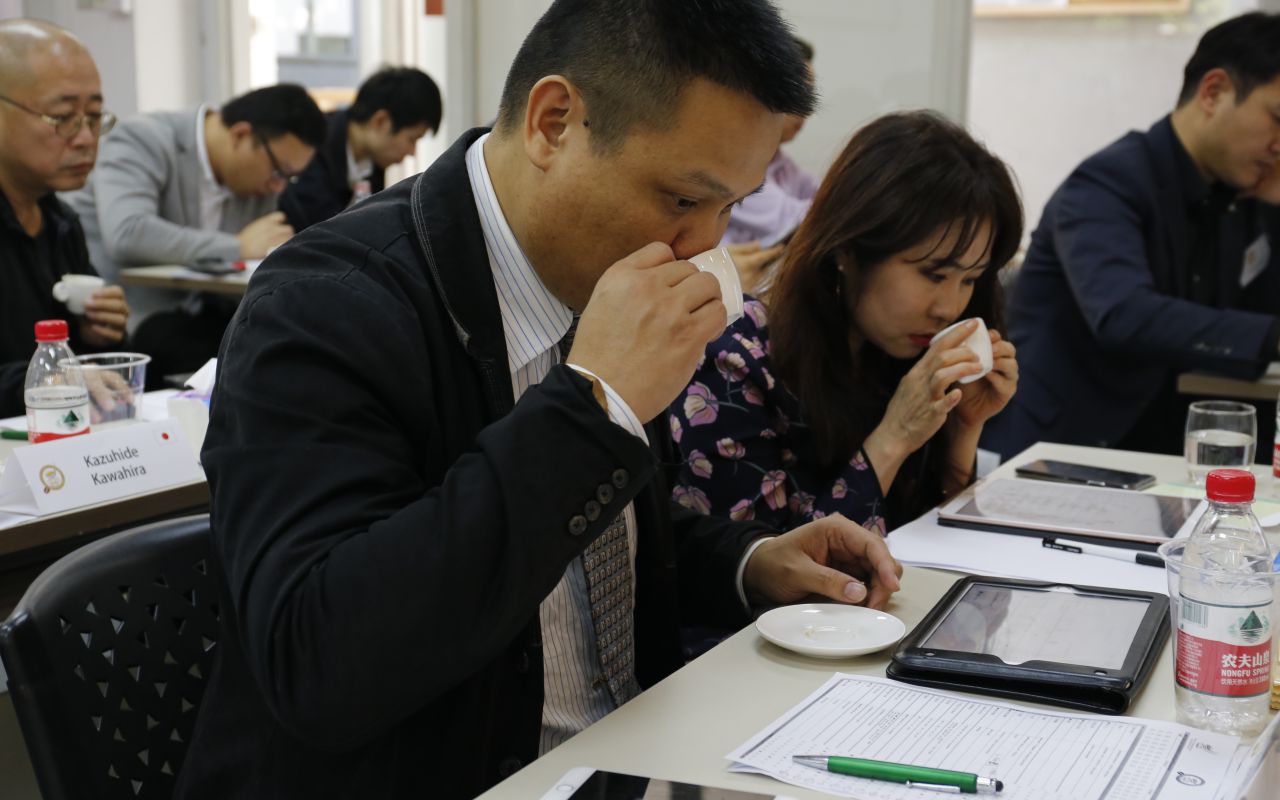
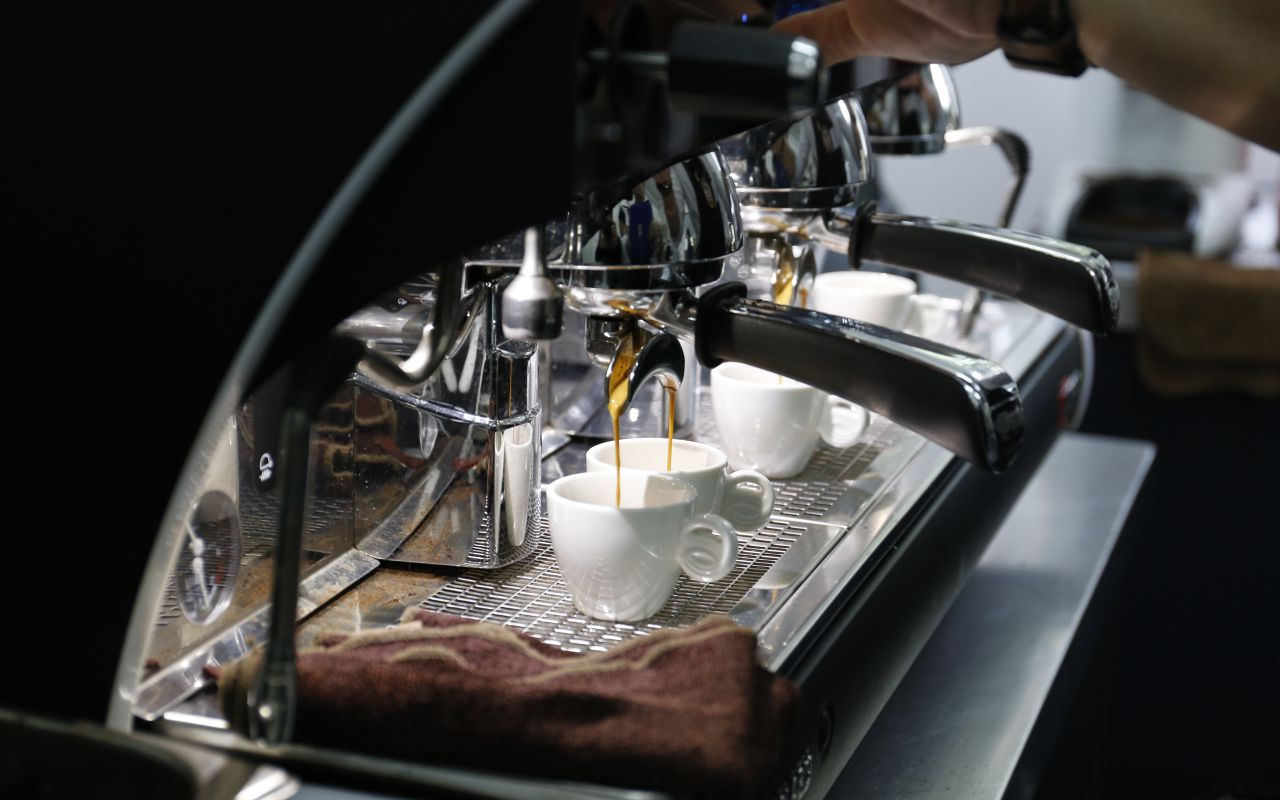
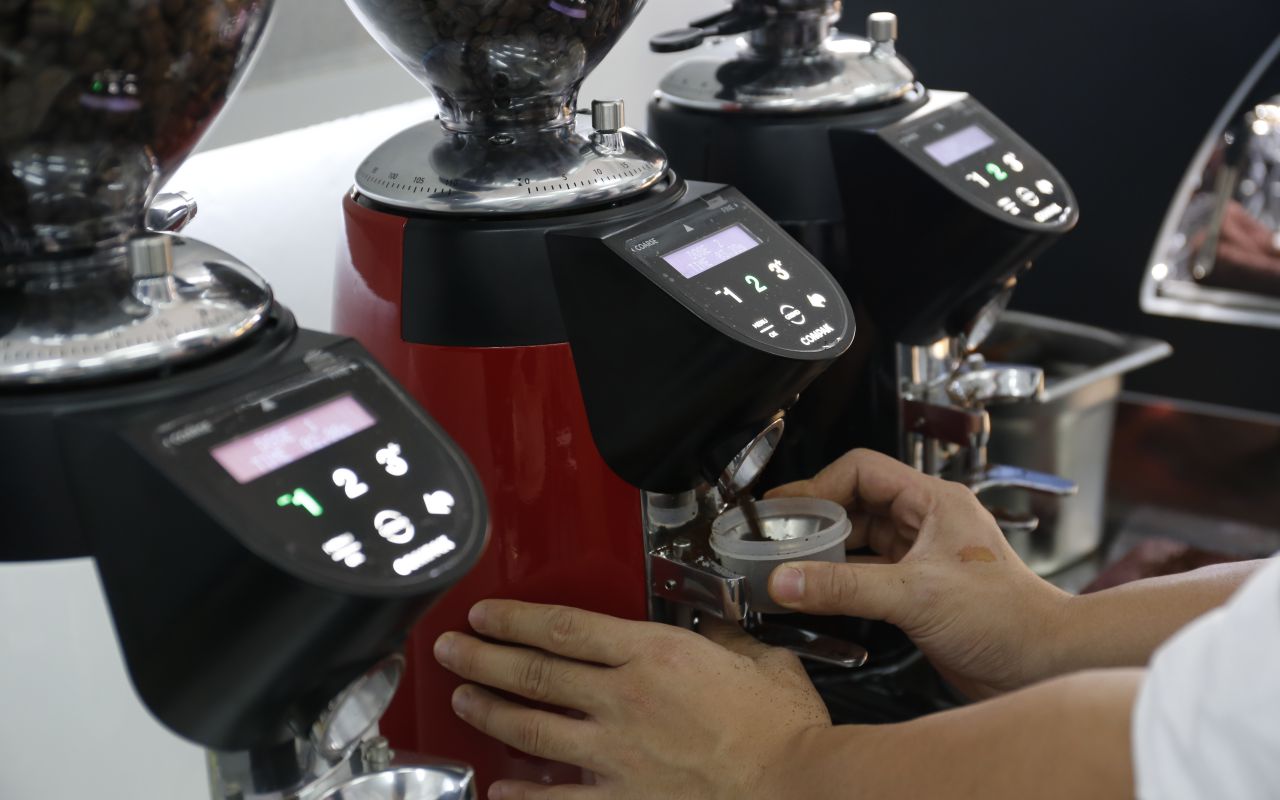
.jpg)
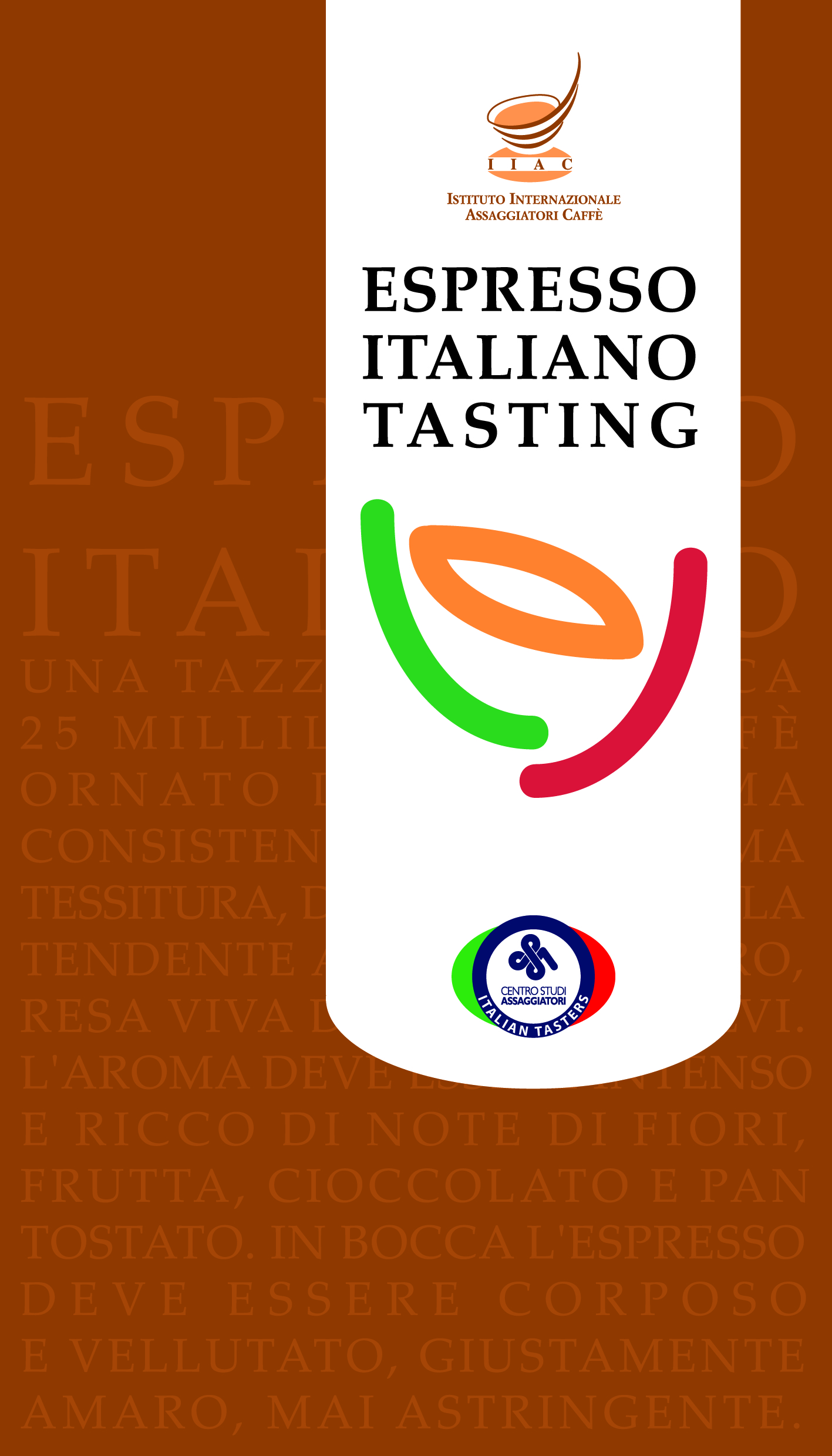
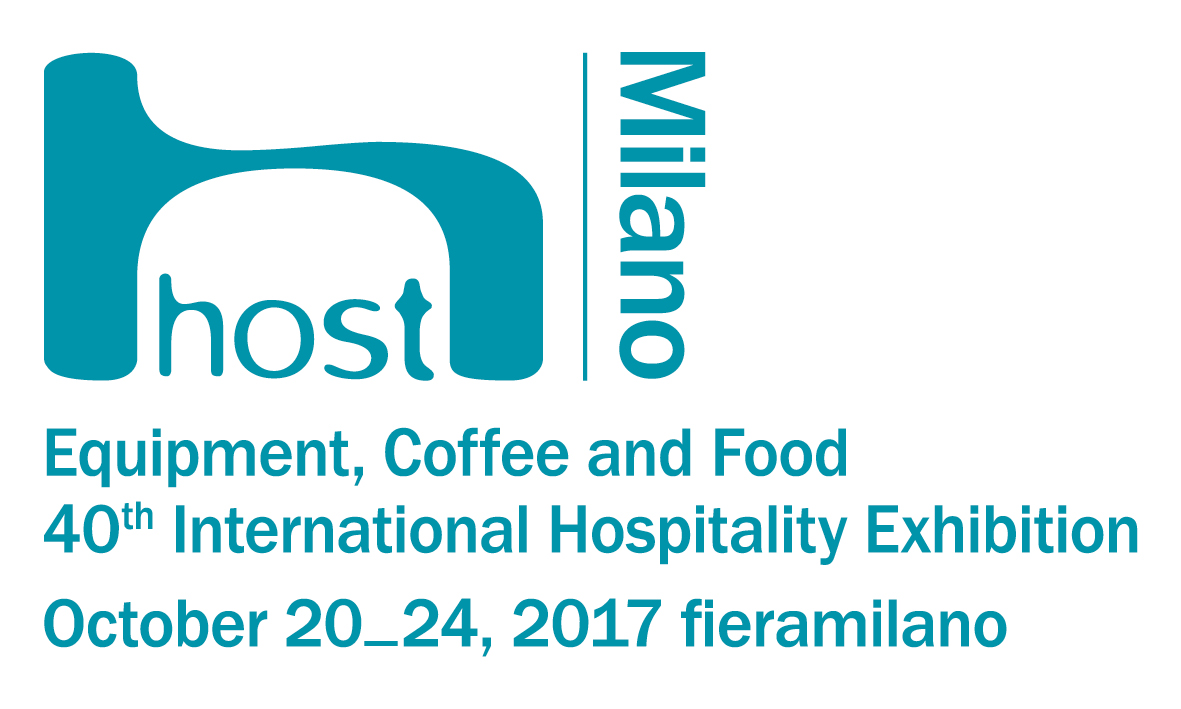
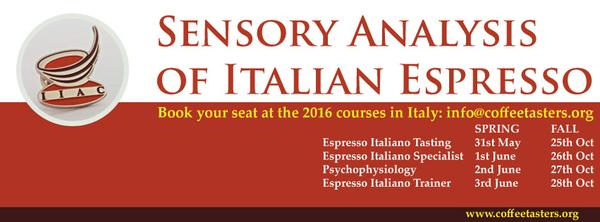

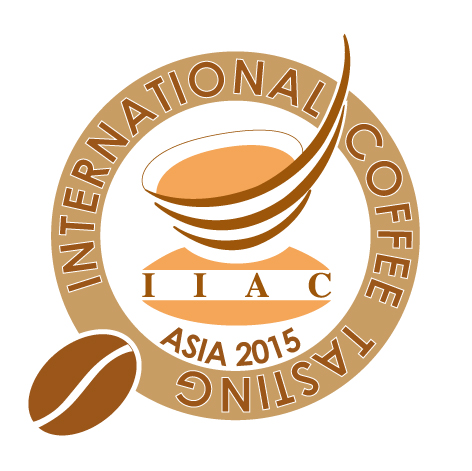 International Coffee Tasting Asia 2015 returns on the 1st and 2nd December. This international competition is unique in that in order to select the best coffees it relies exclusively on the modern sensory analysis. The 2015 edition, which will be held in Taiwan, is organised by the local branch of the International Institute of Coffee Tasters (Iiac) with technical and scientific support from the CSA Italian Tasters.
International Coffee Tasting Asia 2015 returns on the 1st and 2nd December. This international competition is unique in that in order to select the best coffees it relies exclusively on the modern sensory analysis. The 2015 edition, which will be held in Taiwan, is organised by the local branch of the International Institute of Coffee Tasters (Iiac) with technical and scientific support from the CSA Italian Tasters.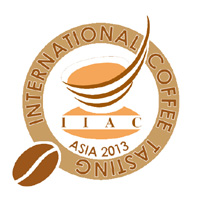
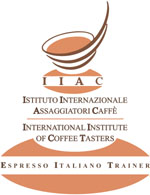 We are glad to announce a new certification session to become an Espresso Italiano Trainer. It will take place in Brescia (Italy) from 14 to 17 October 2013, just before the international exhibition Host in Milan.
We are glad to announce a new certification session to become an Espresso Italiano Trainer. It will take place in Brescia (Italy) from 14 to 17 October 2013, just before the international exhibition Host in Milan.

